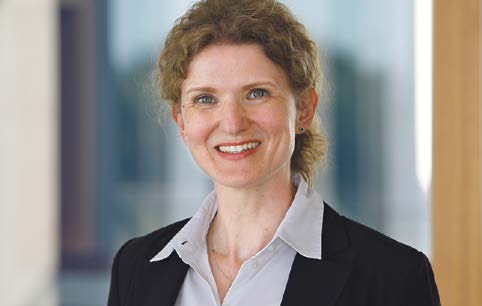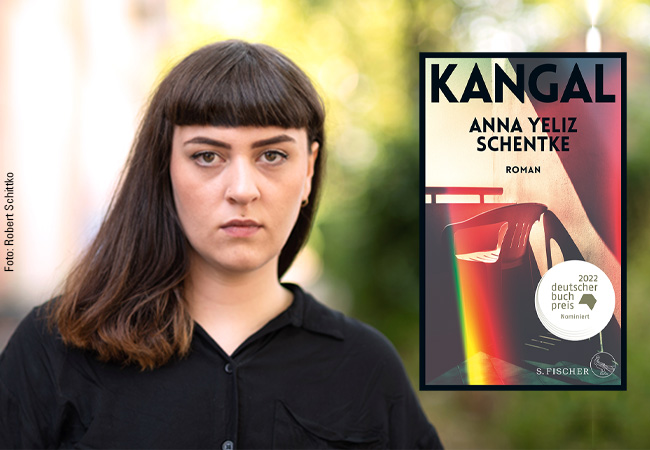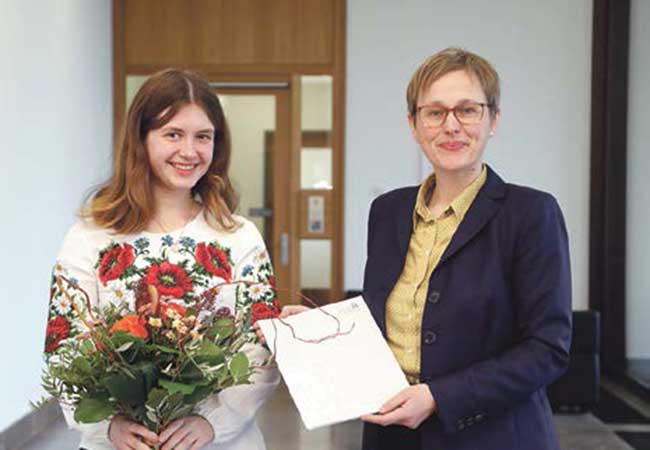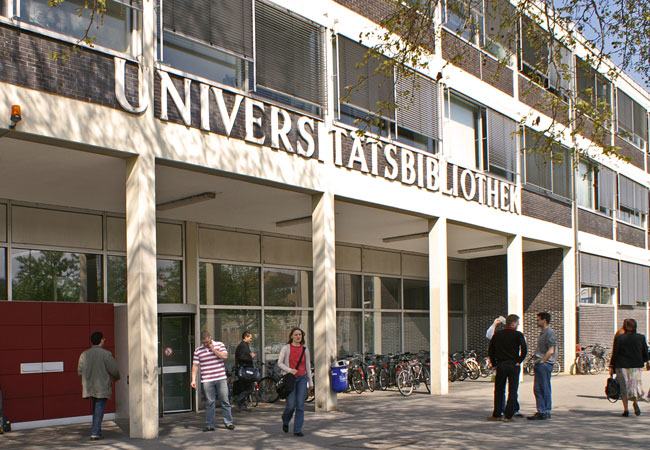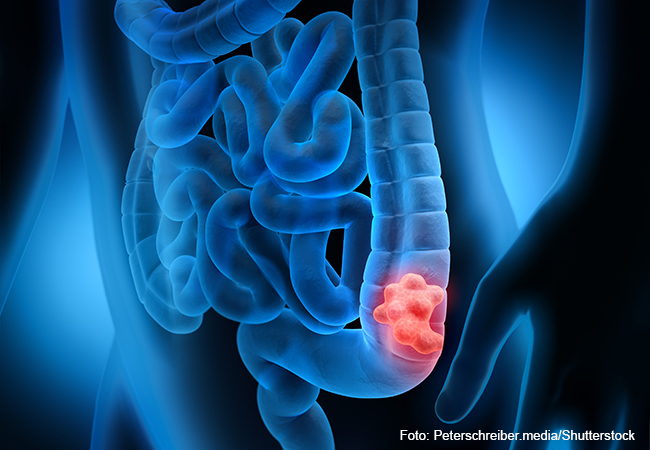Open Access (OA) refers to free access to scientific publications for all interested parties worldwide. OA ensures that research results, most of which are financed with public funds, can be accessed by the public free of charge and bring maximum benefit to mankind. The respective authors also benefit from Open Access: OA publications are read more frequently and cited more often than “closed access” publications. In its Open Access Policy, issued in 2017, Goethe University encourages its members to publish OA publications whenever possible.
There are a variety of business models for OA publishing. In many cases, authors are charged a publication fee (Article Processing Charge – APC, Book Processing Charge – BPC). Although readers are no longer confronted with a paywall, the solution is not optimal, since the paywall obligations merely shift from reader to author. (You can find more information on alternative and free OA options on the University Library’s web pages.) The OA Publication Fund, which is maintained and financed by the University Library, supports the publication of OA journal articles and books by paying all or part of any publication fees incurred. With Goethe University’s strong research foundation, OA publication requires substantial financial resources (see chart). Between 2018 and 2021, the fund itself received financial support from the German Research Foundation (Deutsche Forschungsgemeinschaft, DFG). 2022 was a comparatively lean year, with the OA Publication Fund having to make do without DFG funding. Fortunately, a number of faculties publishing a lot in OA later decided to participate in endowing the fund: In addition to the Faculty of Medicine, which has subsidized the fund since it was first established, other participating faculties include: Psychology and Sports Sciences, Geosciences and Geography, Computer Science and Mathematics, as well as the Faculty of Biological Sciences.
For the period 2023 to 2025, the University Library has again succeeded in obtaining DFG financing for the fund. As a result, the Publication Fund for Articles can once again offer reliable, low-barrier funding. The maximum amount that can be provided to cover publication fees was raised from 1,680 EUR to 1,800 EUR (net). It remains out of scope to cover the proportional costs of articles with higher publication fees, since the funds available remain limited even with the DFG’s financial support.
In 2022, for the first time, the funds also went towards some OA books in addition to journal articles. This type of financing will be expanded in 2023: All told, some 30 books can be funded each year, with the stipulation that 20 of them be from DFG-funded research. The OA publication of books can be subsidized with 5,000 EUR (net). In contrast to journal articles, in case of higher publication fees, it is possible to receive a proportional subsidy from the fund.
Dr. Roland Wagner, Head of the Library of Natural Sciences (BNat), the Main Medical Library (MedHB), is an expert in all matters Open Access.
Further information on the OA Publication Fund and the funding requirements is available at: Open Access Publication Fund (uni-frankfurt.de). Alternatively you can also call +49 (0)69 798-49107.


